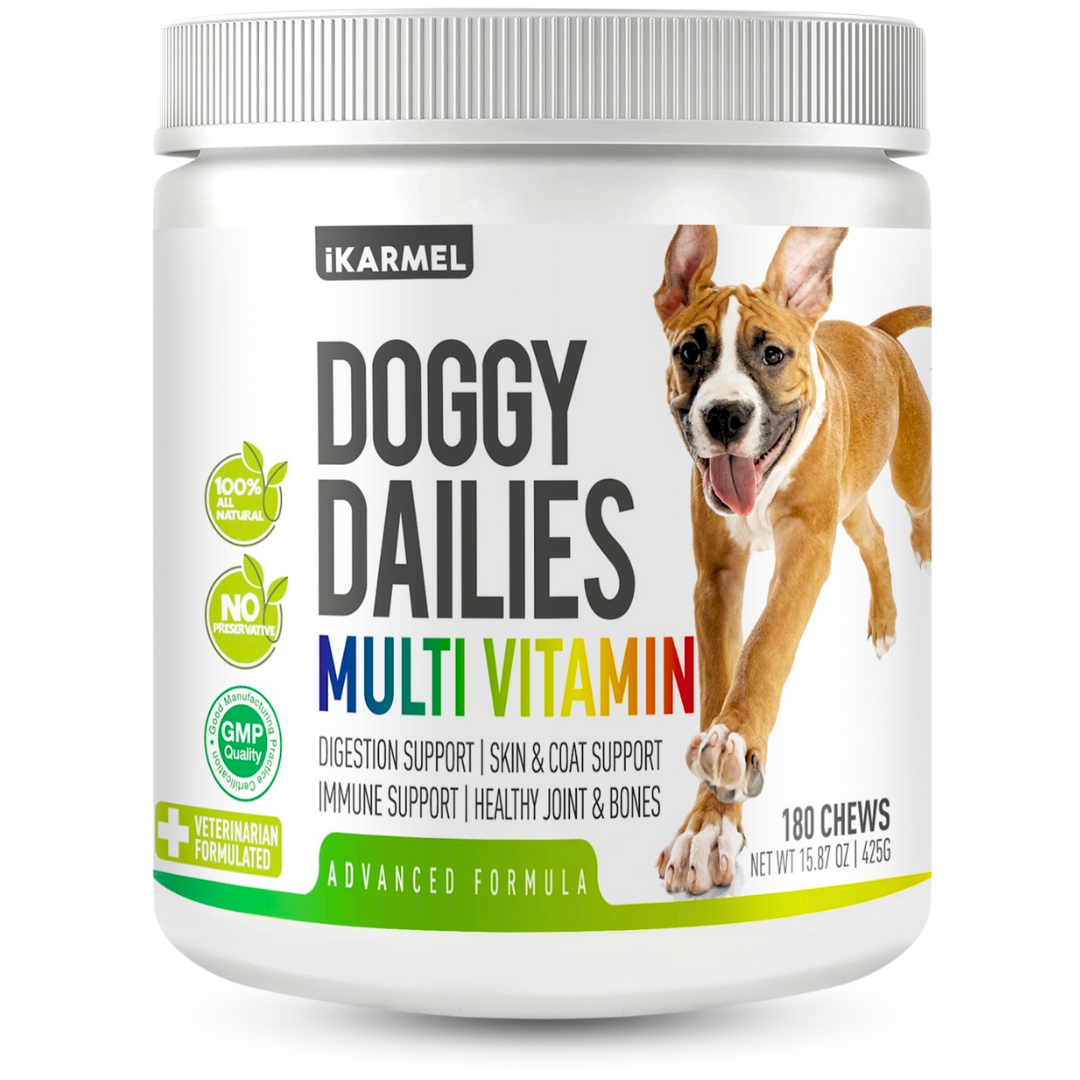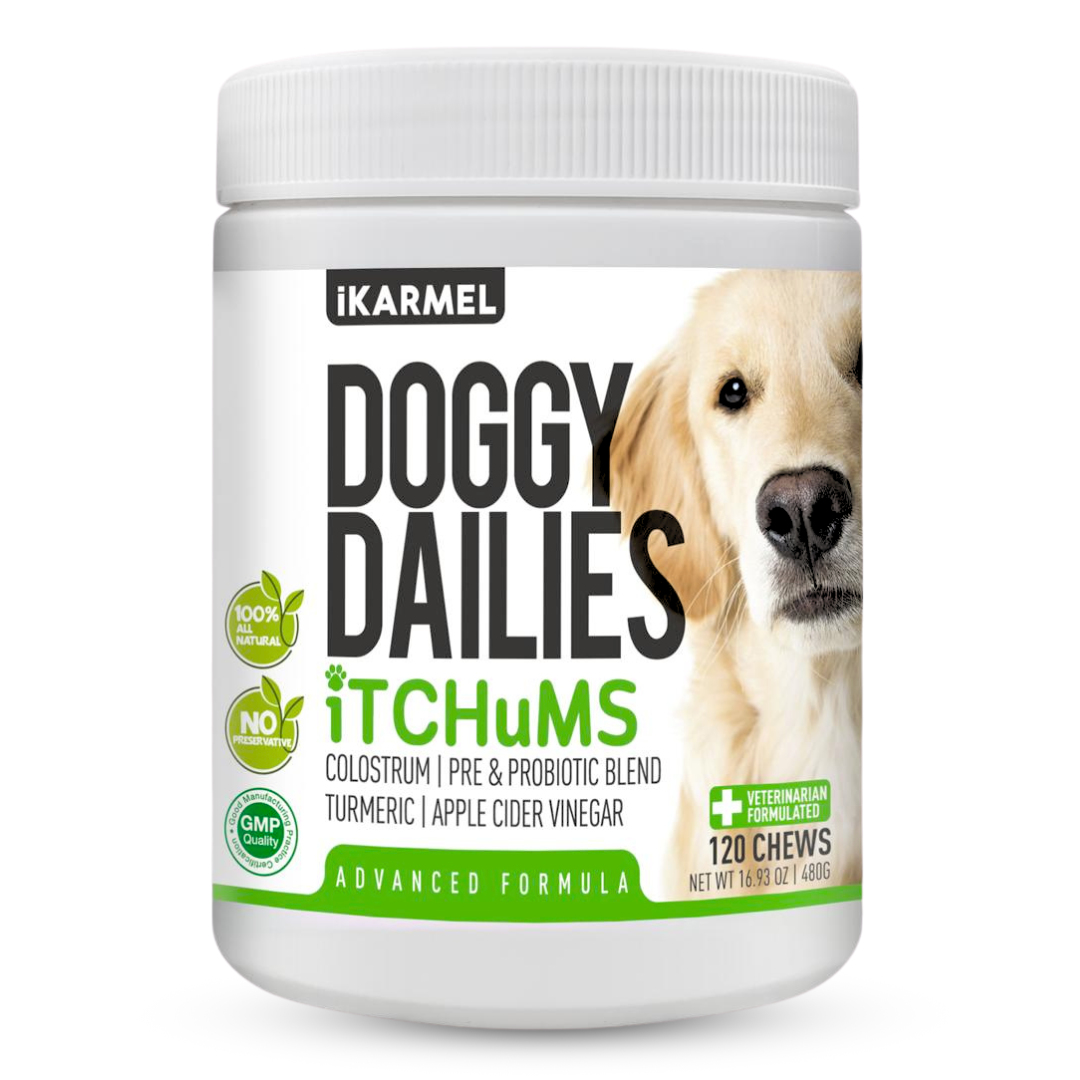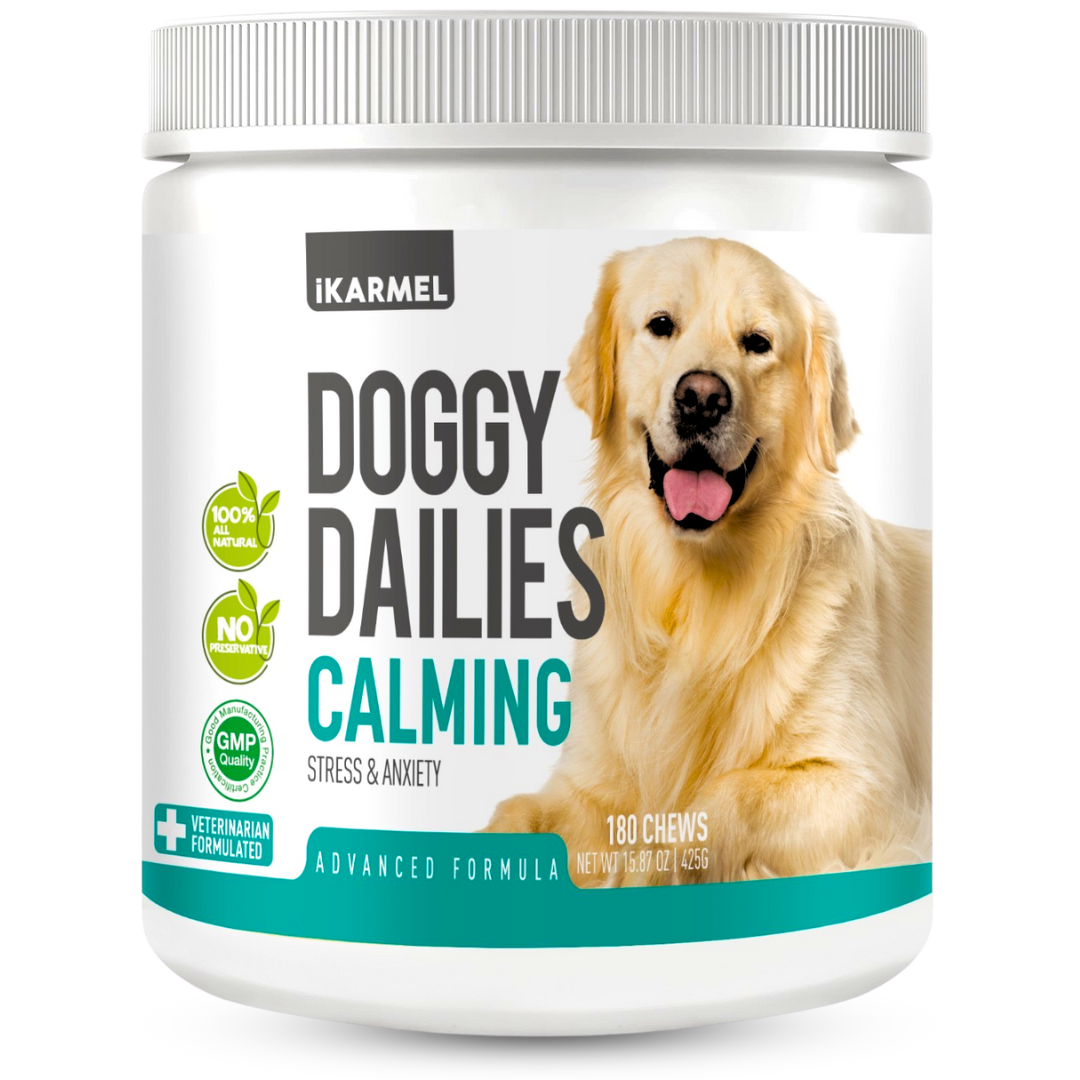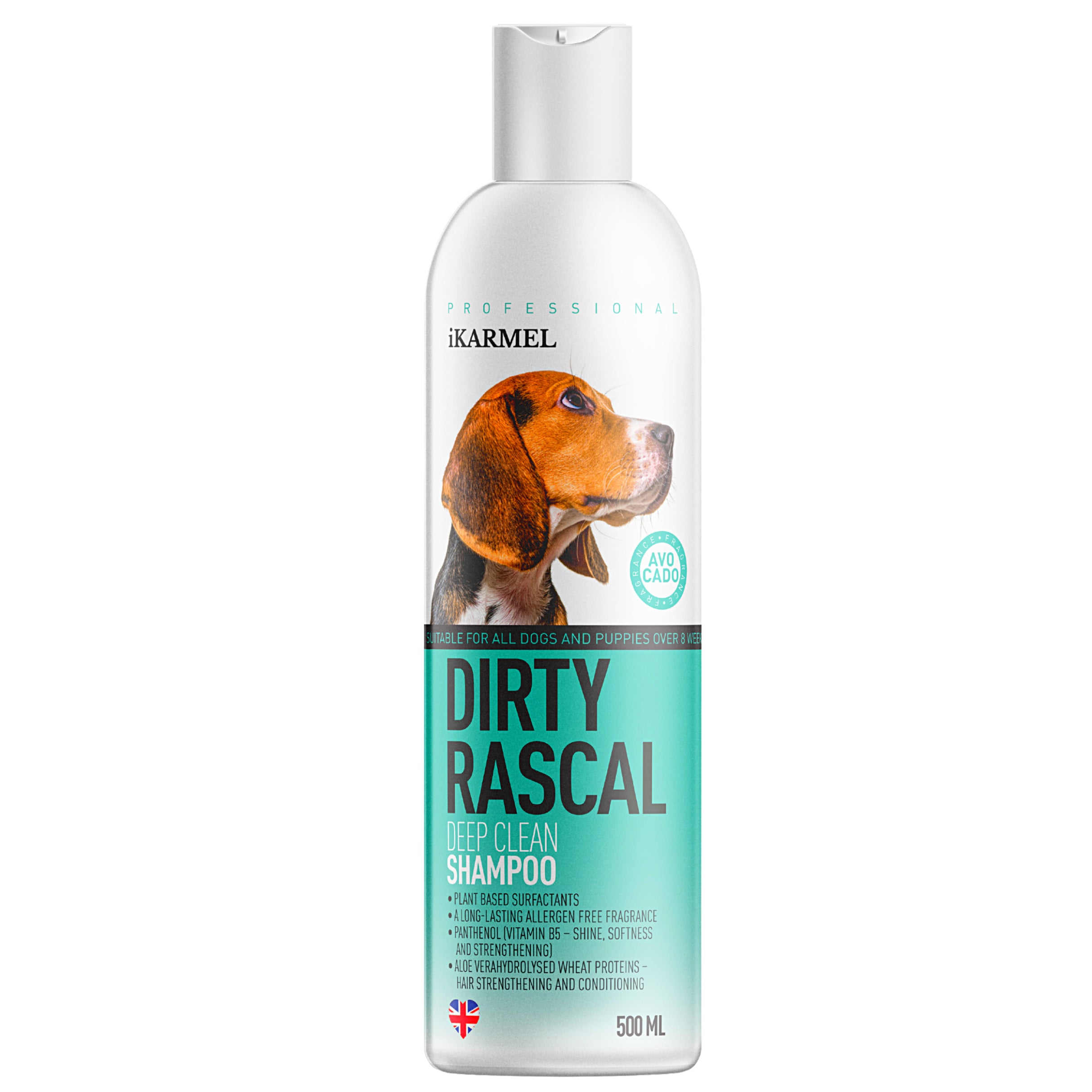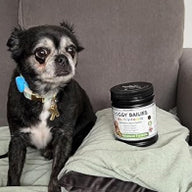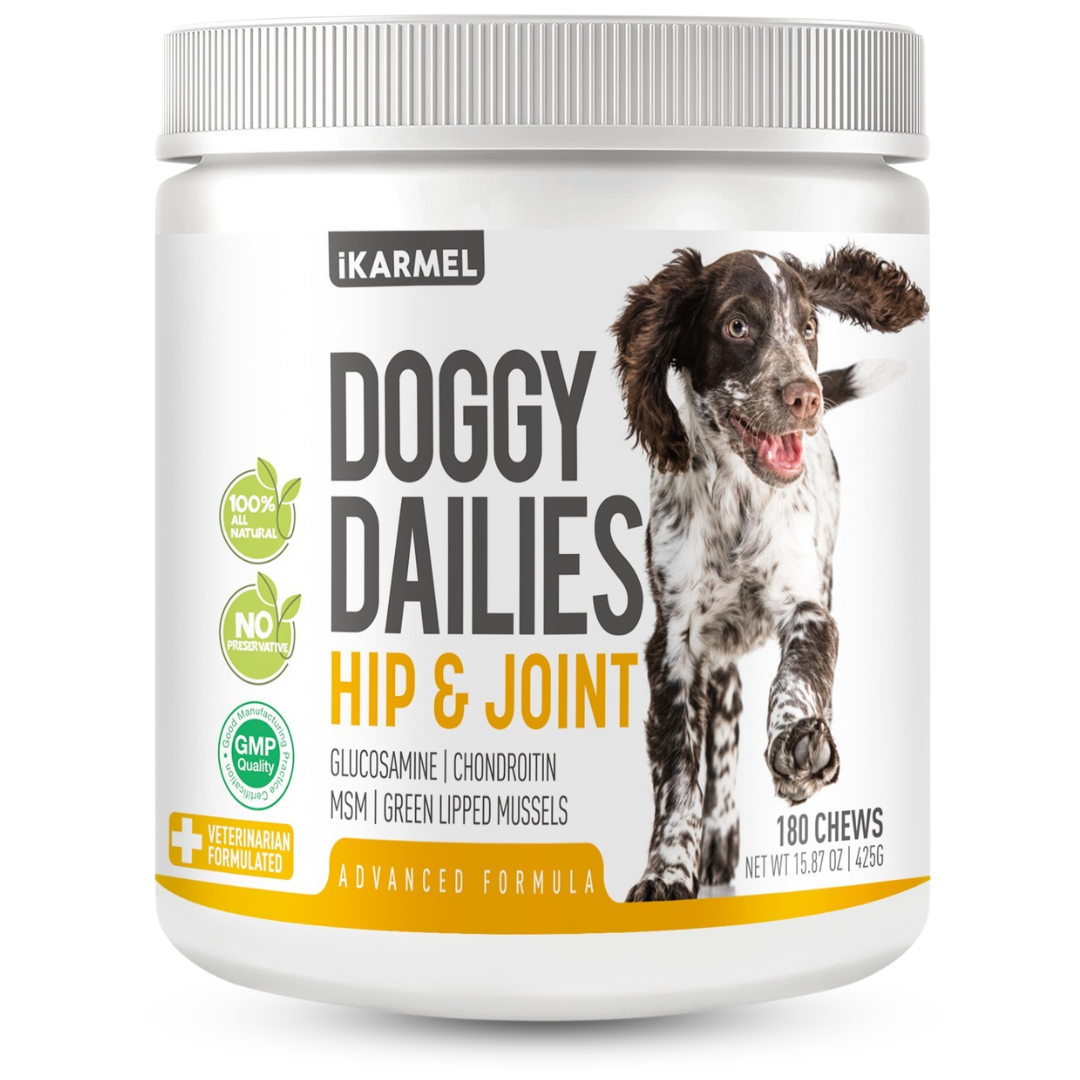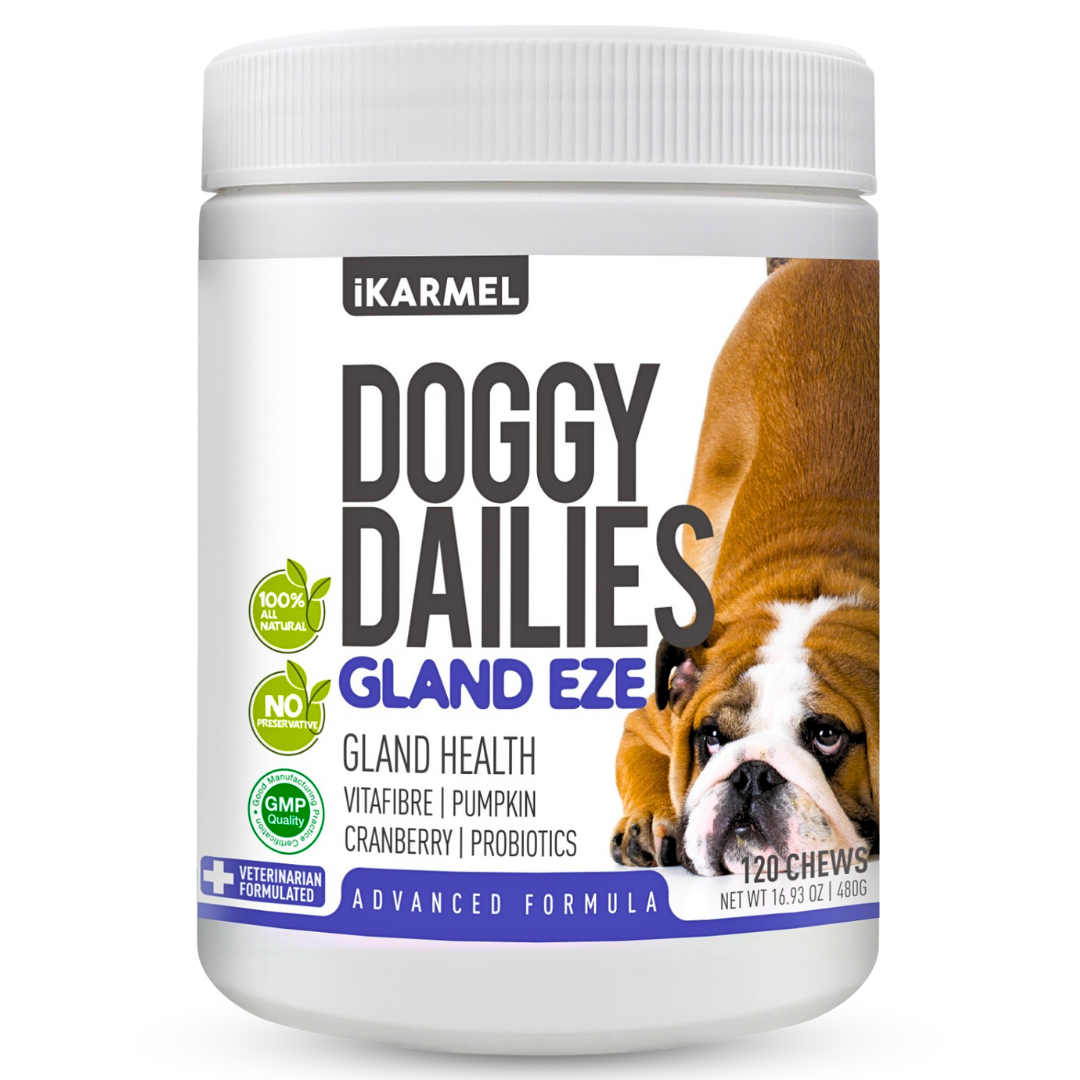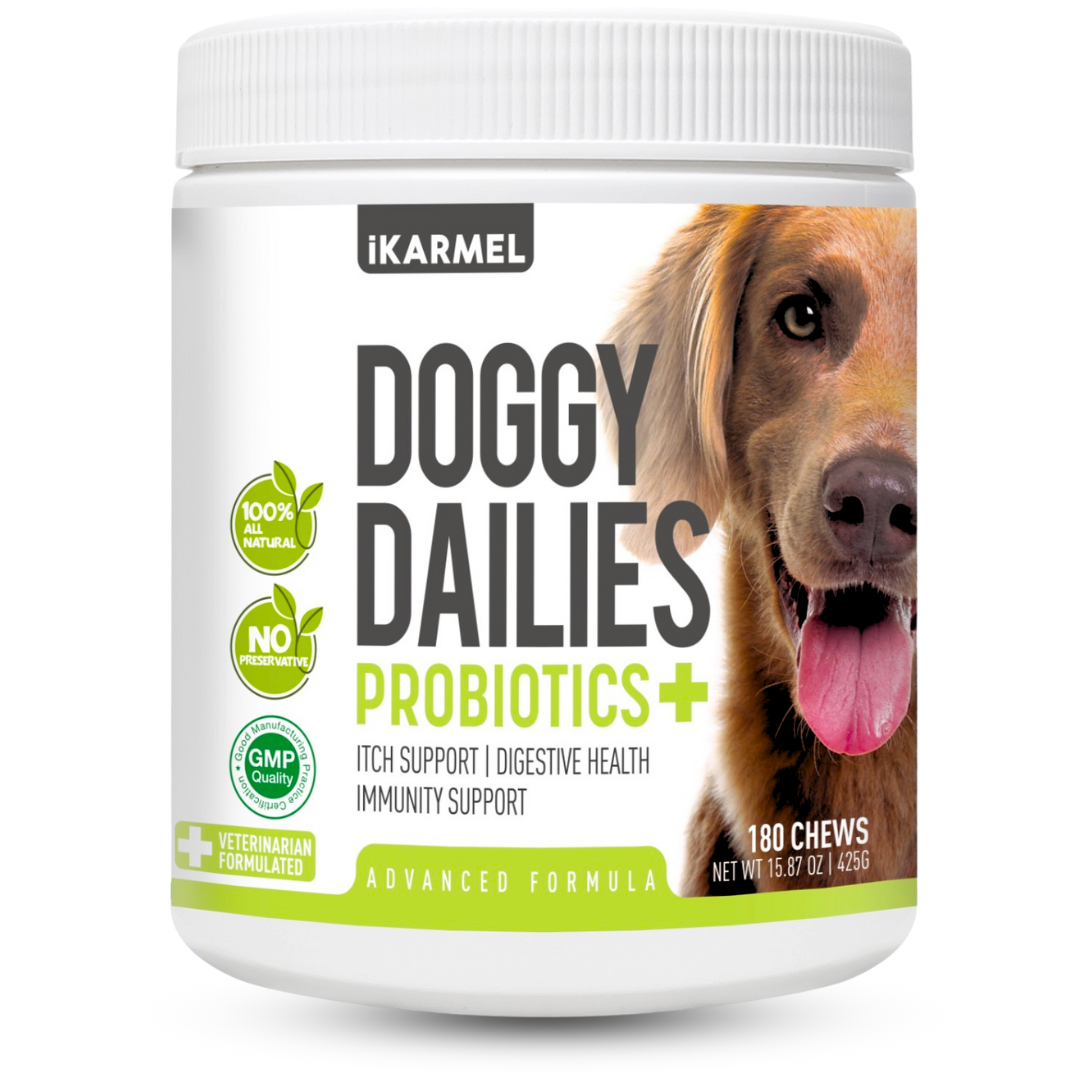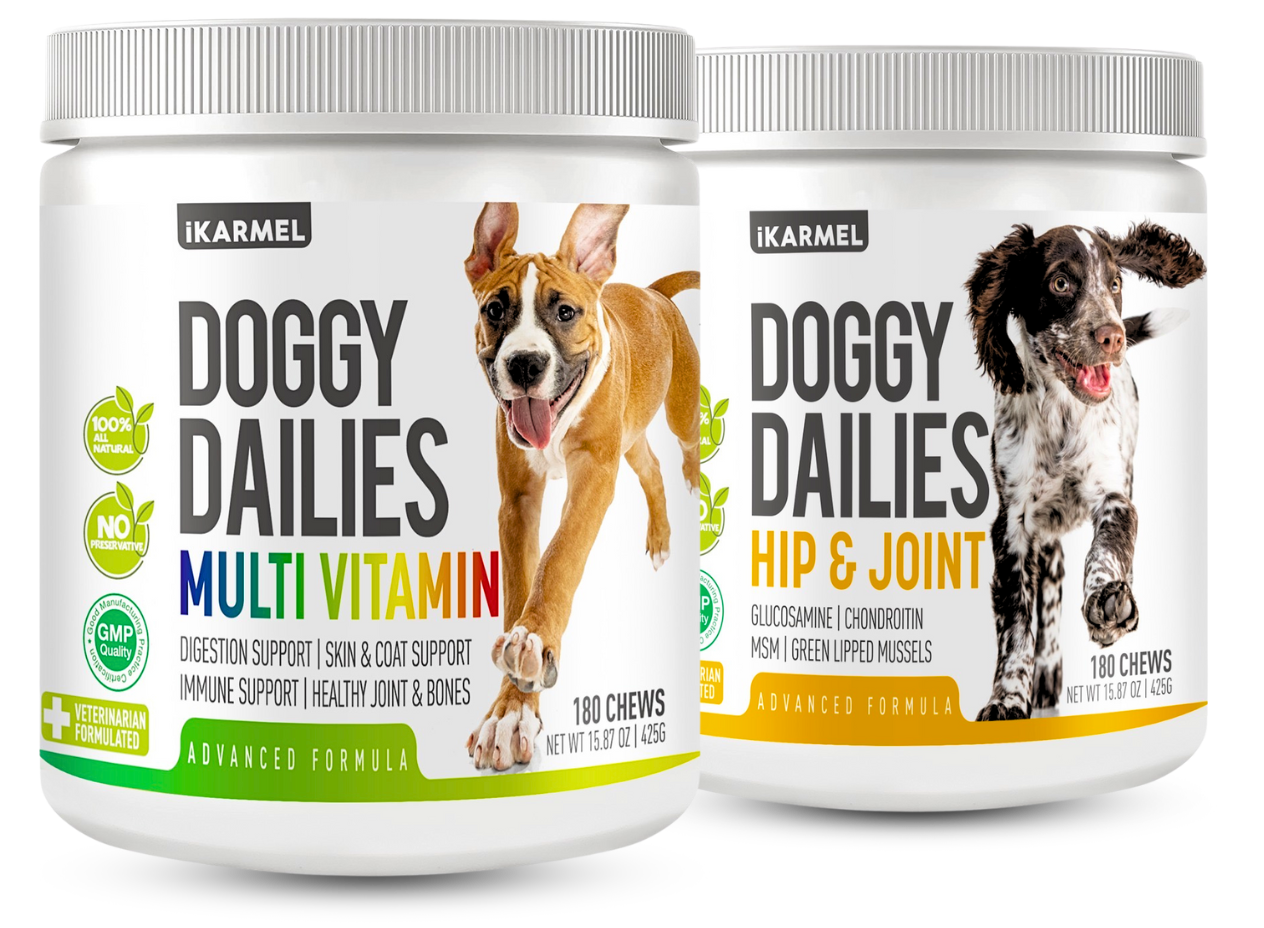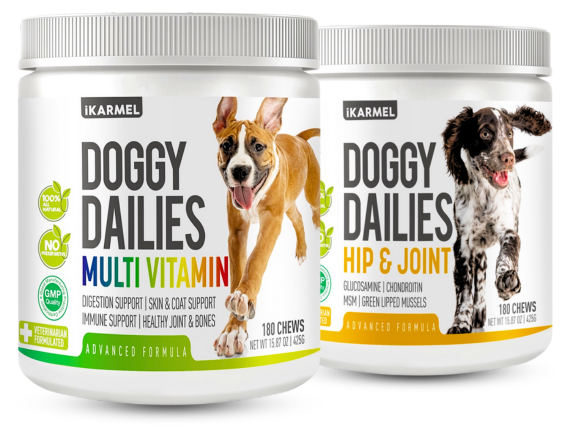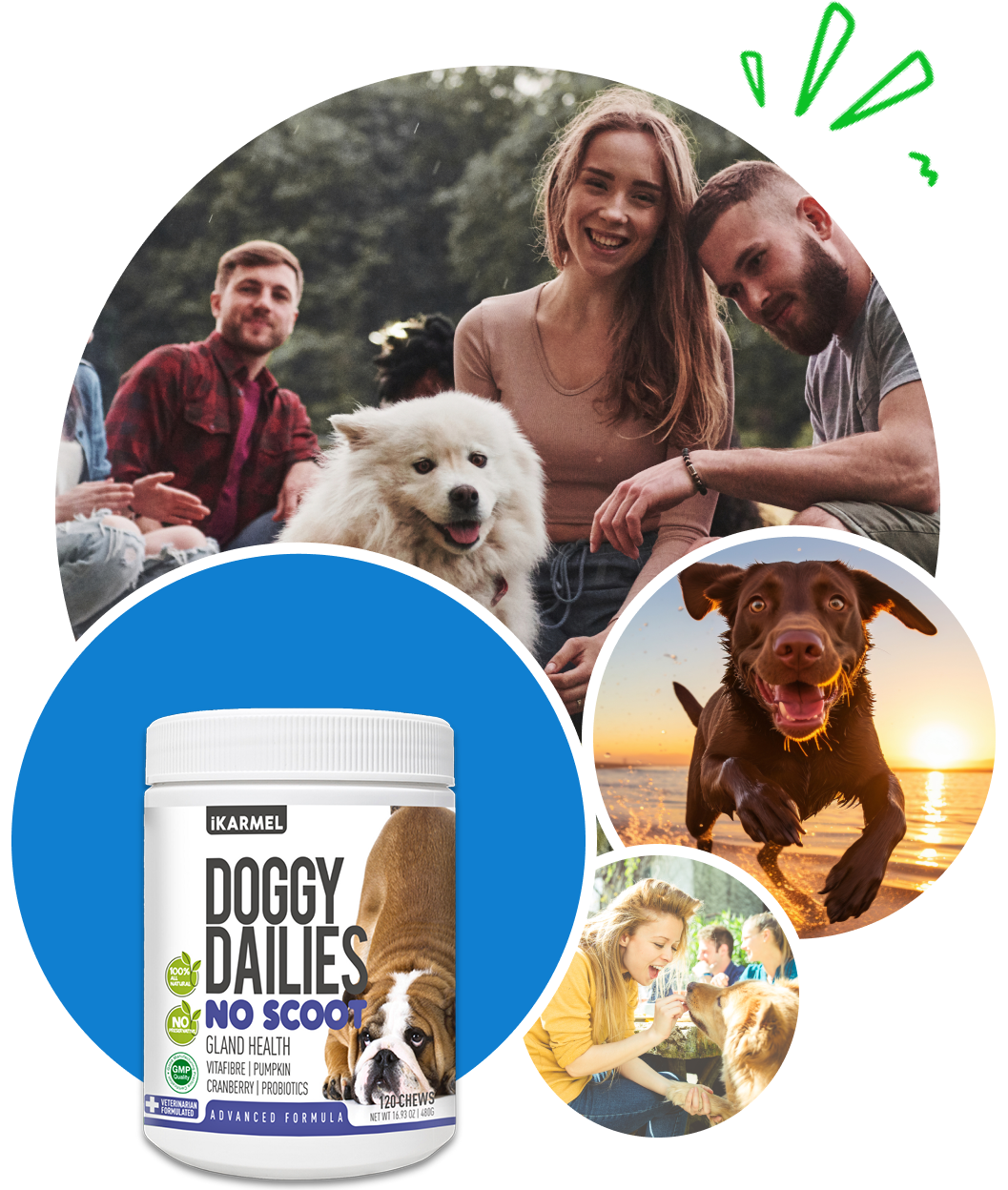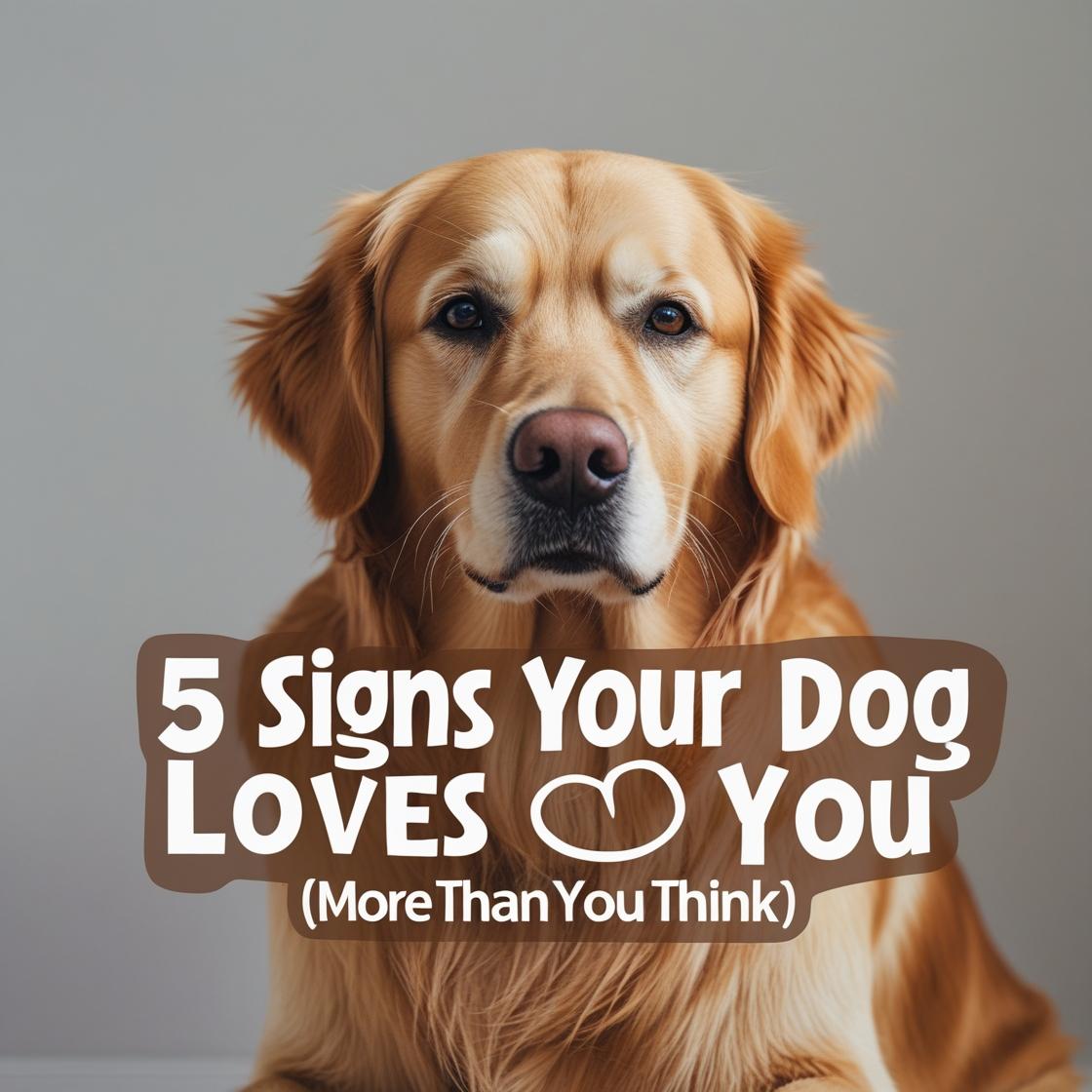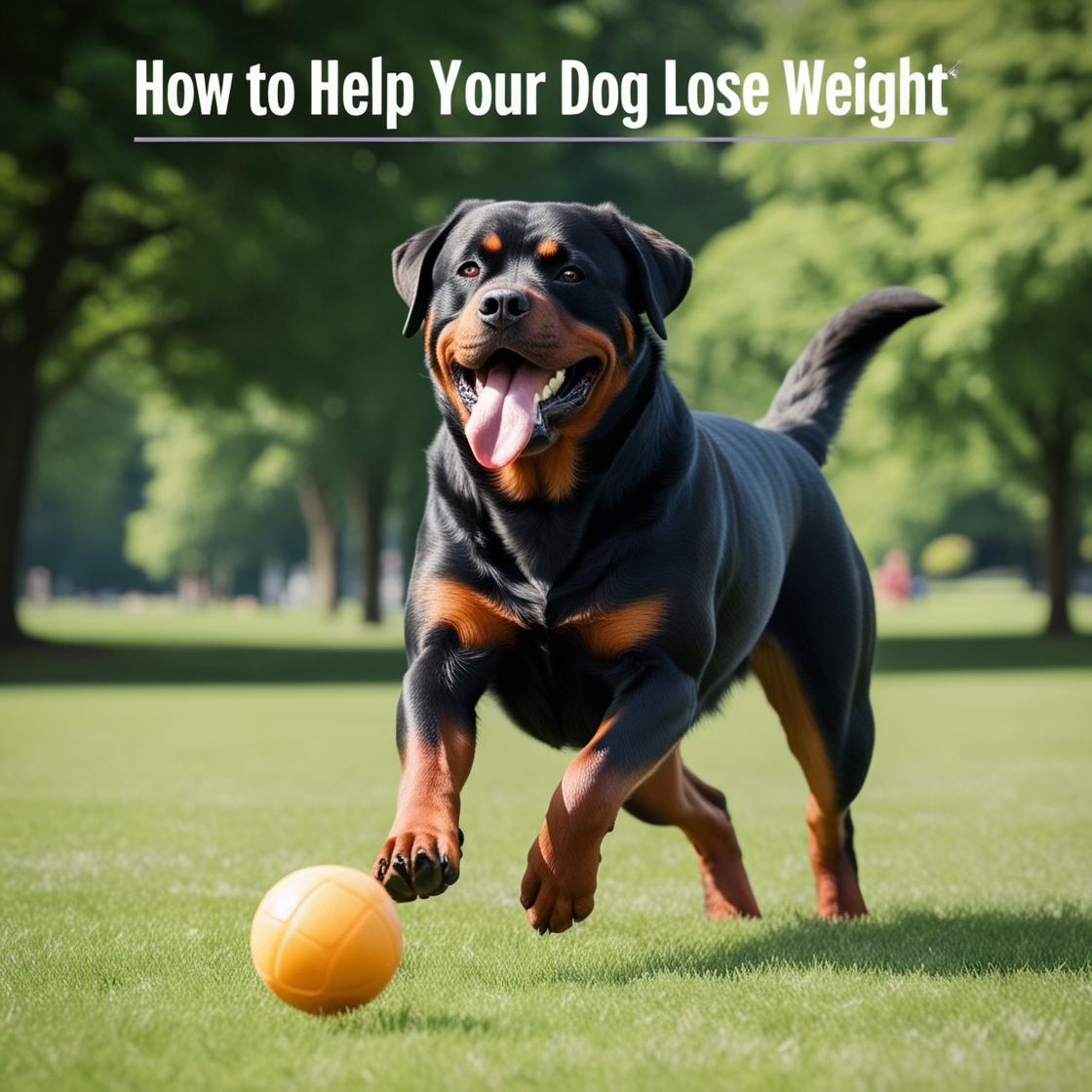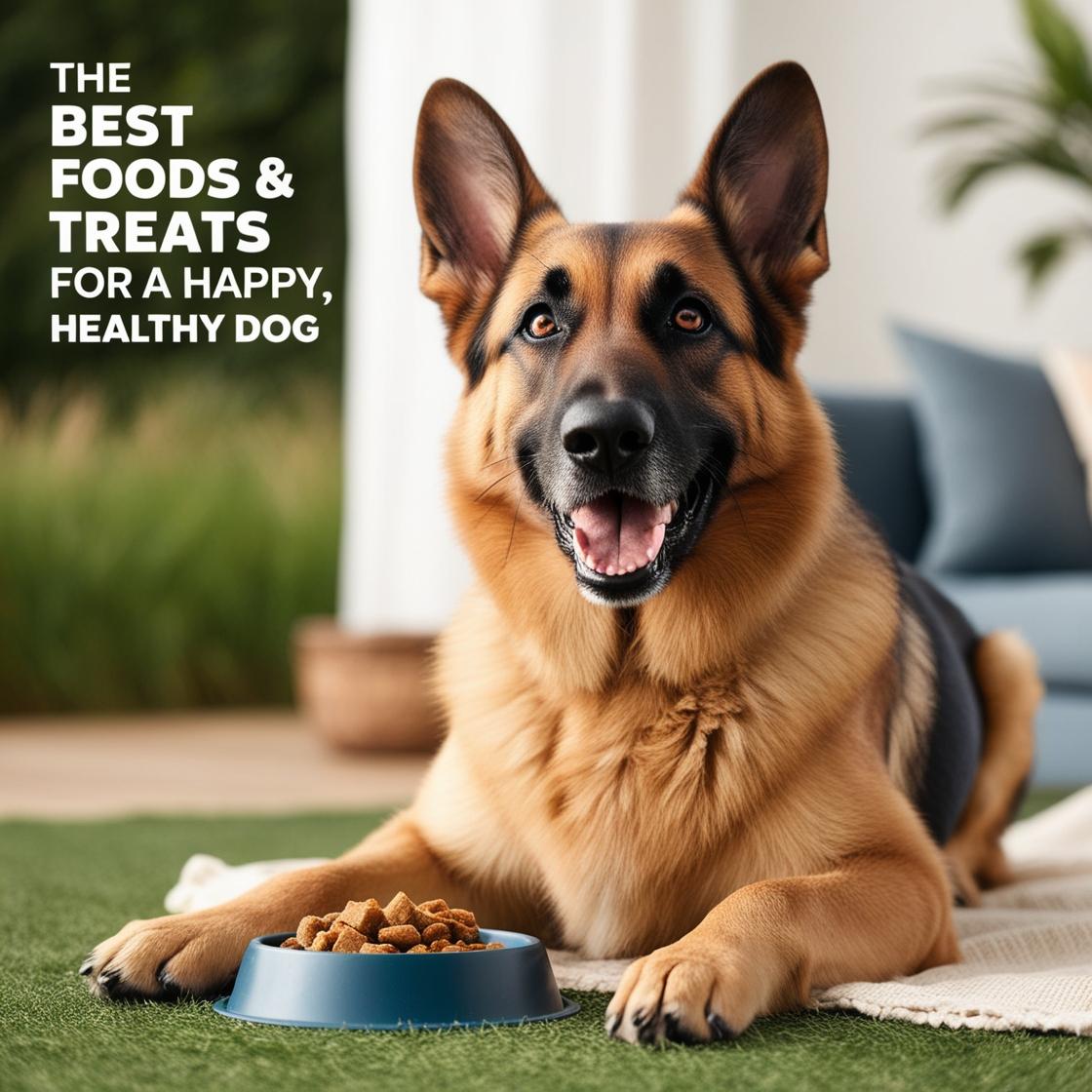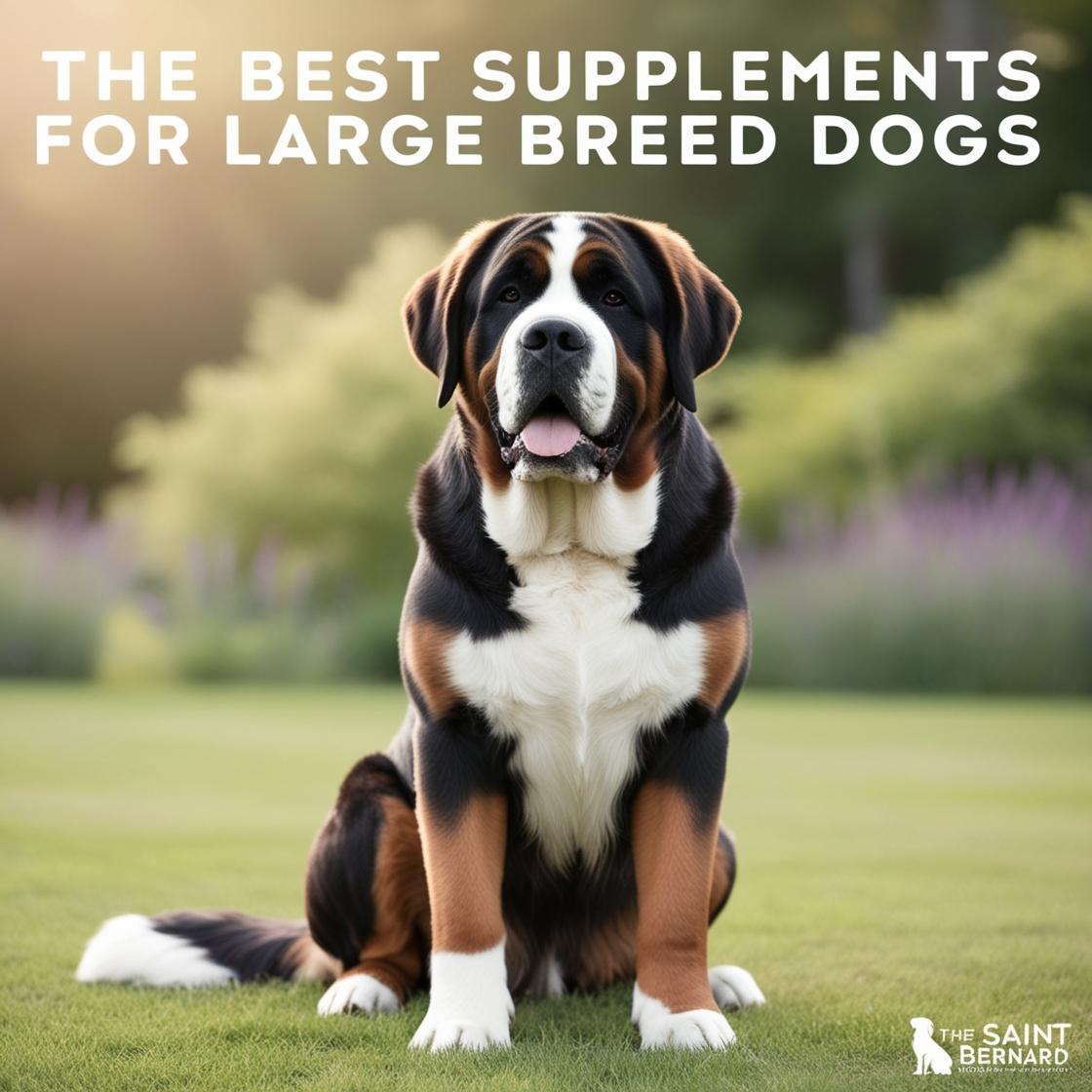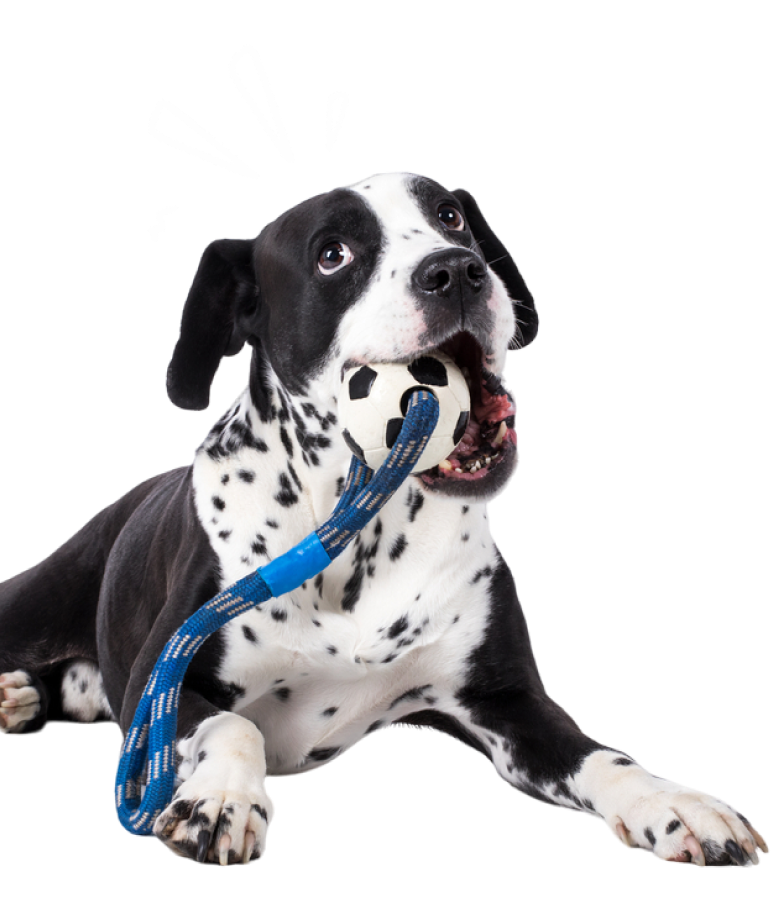How to Spot Nutrient Deficiencies in Your Dog & What to Do About It
Your dog relies on a balanced diet to thrive, but are they truly getting what they need from their food? Nutrient deficiencies are more common than many pet owners realise, and they can lead to everything from dull coats to serious health problems. This guide will teach you how to spot the signs and symptoms of nutrient deficiencies in dogs and provide practical advice for resolving them with better nutrition.
Read on to uncover the secrets to improving your dog’s gut health, achieving a shinier coat, and boosting their energy levels, naturally!
Why Nutritional Balance is Vital for Your Dog
Just like humans, dogs need a proper balance of proteins, fats, vitamins, and minerals to maintain optimal health. Poor nutrition can affect everything from their energy and mood to their physical appearance and immune defences.
Key Areas Nutrition Impacts in Dogs
- Skin & Coat Health
The right balance of omega-3 fatty acids and vitamins like B and E promotes a shiny coat and reduces dry, itchy skin.
- Gut Health and Digestion
Nutrients like probiotics and fiber are essential for maintaining a healthy gut and supporting digestion.
- Energy Levels and Muscle Health
Protein and essential fatty acids play a central role in keeping energy levels high and maintaining muscle mass.
- Immune System Support
Vitamins like A, C, and E, along with zinc, help bolster your dog’s immune defences.
How to Spot Nutrient Deficiencies in Your Dog
1. Changes in Coat Quality
A dull or brittle coat and excessive shedding can signal deficiencies in omega-3 fatty acids or protein.
2. Digestive Problems
Loose stools, constipation, or regular bloating might point to insufficient fibre or a lack of probiotics.
3. Skin Irritations and Itching
Chronic itching, redness, or “hot spots” on your dog’s skin could indicate a deficiency in vitamin E, zinc, or omega oils.
4. Weak Energy Levels
Dogs that seem lethargic or unwilling to play may lack sufficient iron, B vitamins, or essential fatty acids.
5. Frequent Illness
If your dog gets sick often, a weakened immune system might be the result of insufficient vitamin A or C.
6. Joint Pain or Stiffness
Difficulty moving or apparent joint discomfort could indicate a lack of glucosamine or omega-3 fatty acids.

How to Address Nutrient Deficiencies in Your Dog
Step 1. Assess Your Dog’s Current Diet
Check the ingredients in their food. Is it high-quality and free from fillers like corn and wheat? Look for labels that highlight essential nutrients, and avoid dog food with unrecognisable additives.
Step 2. Consult Your Veterinarian
Before making drastic changes, consult your vet to rule out underlying health issues. They may recommend blood tests to pinpoint specific deficiencies.
Step 3. Start Incorporating Probiotics and Fibre
Healthy digestion starts in the gut. Add natural fibre sources such as pumpkin or oats to your dog’s diet to encourage regular bowel movements. Dog-specific probiotics can also boost gut bacteria for overall better health.
Step 4. Invest in Supplements
Sometimes, food alone isn’t enough. Supplements like omega-3 fatty acids, multivitamins, or glucosamine can make a big difference:
- Omega-3 and 6 oils: These support glossy coats and soothe inflammation.
- Probiotic chews: Promote gut flora balance.
- Multivitamins: Fill in nutritional gaps in their diet.
Step 5. Gradually Transition to High-Quality Food
Switch your dog to a higher-quality dog food full of holistic, natural ingredients. Aim for options containing real meats, essential oils, and grain blends that focus on providing functional nutrients (like brown rice or oatmeal for gut health).
Step 6. Measure and Monitor
Always follow portion guidelines and monitor results. Keep a log of any changes in your dog’s appearance, energy, or overall health.

The Link Between Gut Health and Overall Health
Your dog’s gut health significantly impacts their quality of life. A strong gut microbiome promotes overall well-being, while an imbalanced one can lead to various health issues, such as chronic inflammation, allergies, or increased stress levels.
Probiotic-Rich Foods for Dogs
- Plain yoghurt (unsweetened)
- Fermented vegetables (in small quantities)
- High-quality probiotic chews designed for dogs
Tips for Improving Gut Health Naturally
- Feed a well-rounded, nutrient-dense food plan.
- Avoid overusing antibiotics, as this can kill beneficial bacteria.
- Give regular supplements like natural itch and gut support chews.
FAQ
1. What are the signs of poor gut health in dogs?
A dog with poor gut health may have frequent diarrhoea, bloating, or bad breath. Skin issues and low energy levels can also indicate gut imbalances.
2. Should I give my dog probiotics every day?
For most dogs, daily probiotics can help maintain a healthy gut. Choose dog-specific probiotics with strains like Lactobacillus and Bifidobacterium.
3. What grains do dogs need for heart health?
Whole grains like brown rice, oatmeal, and barley are nutrient-rich options that can benefit both heart and gut health.
4. How can I improve my dog’s nutrition for better gut health?
Focus on adding high-quality fiber, probiotics, and a variety of proteins. Gradual changes and supplementing with vitamins can make a significant difference.
5. Are supplements necessary for dogs on balanced diets?
If your dog is eating high-quality, nutrient-rich food, supplements are occasionally unnecessary. However, if you suspect deficiencies, a vet-approved supplement can help fill in nutritional gaps.

Choose iKarmel Doggy Dailies for Extra Nutrition
Your furry friend counts on you for their overall well-being, and understanding how to spot and manage nutrient deficiencies is key to giving them their best life. By monitoring their diet, adding probiotics, or even transitioning to higher-quality food, you can promote better gut health, shinier coats, and more energy.
Need help picking the right supplements? Check out iKarmel’s probiotic and itch support chews to give your dog the boost they deserve.
Start Improving Your Dog's Diet Today!

